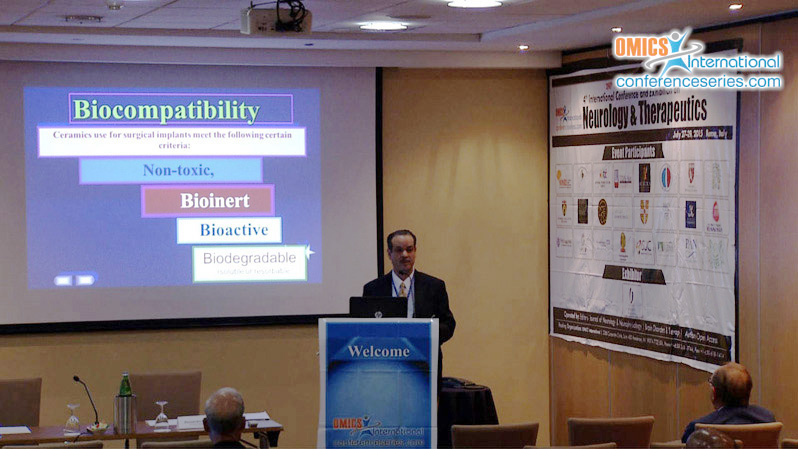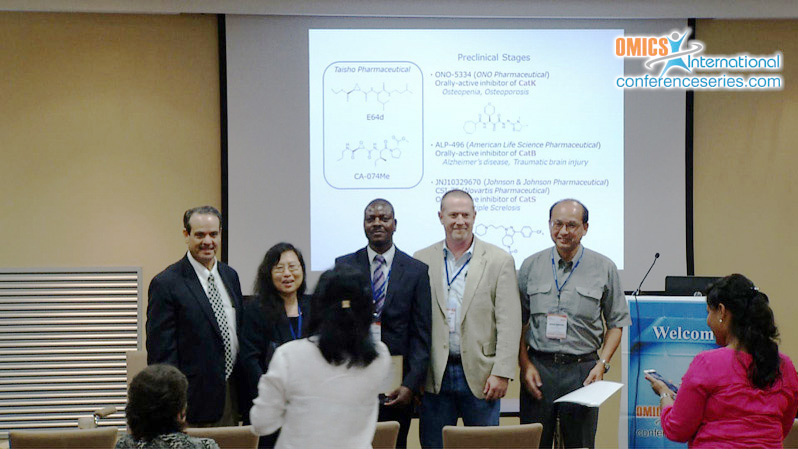
Hamed Benghuzzi
University of Mississippi Medical Center USA
Title: The impact of sustained delivery of reproductive hormones on the hypothalamic-pituitary-gonadal axis in males and females using different animal models
Biography
Biography: Hamed Benghuzzi
Abstract
Manipulation of gonadotropin hormones (luteinizing (LH) and follicle stimulating hormones (FSH)) in ewes in non-breading season is a major challenge to the scientific community. We hypothesized that sustained delivery of progesterone and estrogens by means of Tricalcium-Phosphate-Lysine delivery systems (TCPL) can suppress the rise in LH and FSH levels and ultimately induce cycling activities. The specific objective of this study was to design an implantable TCPL system capable of delivering progesterone (P) for about two weeks and Estradiol (E) in a short burst that mimics the ovulatory surge in adult ewes. TCPL implants were fabricated in four different sizes (1.5, 2.3, 3.5, or 5.6 cm) using four different ceramic compositions and impregnated with P (20-45%) and E (4-16%). Surgical aseptic techniques were employed following standard approved lab protocols. Blood samples were collected daily and anlyzied for P, E, LH and FSH levels. X-ray procedure was performed twice a week to assure the intactness of the devices. The results of this student revealed: (1) TCPL were cable of delivering P and E at levels that mimic the estrus cycle, (2) remarkable reduction of LH and FSH levels in all experimental animals compared to sham operated group. Overall conclusion, results of this study demonstrated that the anterior pituitary gonadotropin hormones can be regulated through sustained delivery of reproductive hormones.


